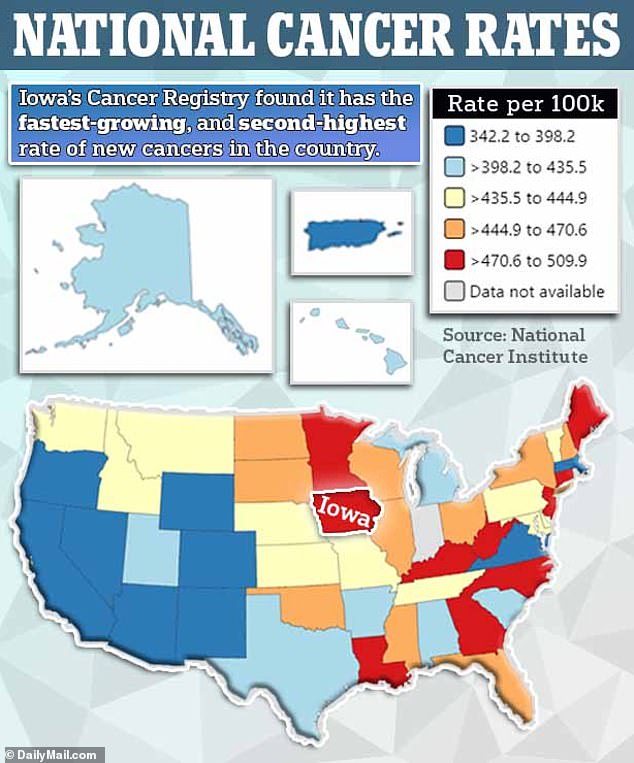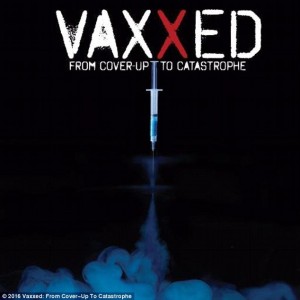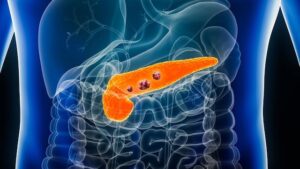Residents of America’s Cancer-Cursed State Demand Answers as Rates of Disease Mysteriously Soar
 Across Iowa, people have known for a long time what data is only now beginning to confirm — cancer incidence in the state is outstandingly high.
Across Iowa, people have known for a long time what data is only now beginning to confirm — cancer incidence in the state is outstandingly high.
Iowa became the focus of national attention earlier this year when data showed it had the fastest growing rate of new cancers of any state in America.
That’s more than the Rust Belt states, where lifelong factory work, smoking rates and lack of healthcare puts locals at a higher risk for developing the disease. And more than southern states where rates of obesity, alcohol use and poverty make them more prone to the disease… (Continue to full article)
Table Salt Can Activate Immune Cells Against Cancer
 Salt has been used for a myriad of reasons throughout history. Not only did individuals use it to preserve food, but it was also used to garden, to construct new roads, and in religious ceremonies. Salt was even used as a form of currency.
Salt has been used for a myriad of reasons throughout history. Not only did individuals use it to preserve food, but it was also used to garden, to construct new roads, and in religious ceremonies. Salt was even used as a form of currency.
Even today we use salt to flavor food, heal a sore throat, clean metal, remove stains, and relieve bee stings, among others.
While salt is used for all these things, particularly wound healing, scientists are unsure of their systemic impact on immune cells. There is limited research linking immunity with salt, with the exception that large amounts of salt intake are deleterious to the body.
More specifically, scientists were previously unaware of the implications table salt might have on cancer immunotherapy outcomes…. (Continue to full article)
CANCER Has Been Routinely Induced By VACCINES Since 1960
 Oh, the insidious cancer industrial complex of America. Do not put anything past it. Vaccines have been dirty, adulterated and contaminated since the onset. You can’t even say the word ‘vaccines’ without some pro-vax-zealot/historian spitting up the name Jonas Salk and that supposed “medical triumph.”
Oh, the insidious cancer industrial complex of America. Do not put anything past it. Vaccines have been dirty, adulterated and contaminated since the onset. You can’t even say the word ‘vaccines’ without some pro-vax-zealot/historian spitting up the name Jonas Salk and that supposed “medical triumph.”
The highly-uncontrolled Polio vaccine experiment, and that’s what it was, of the 1950s and 60s, exposed nearly 100 million Americans to SV40 (Simian Virus 40), a monkey virus that can cause cancer in humans.
Guess what? SV40 catapults turbo cancer. That’s what’s happening now to people who got the mRNA gene-mutating spike-protein injections (Covid jabs). Each dose of an mRNA Covid injection contains millions, if not billions, of copies of SV40 enhancer, as identified in the Pfizer Wuhan Virus stab… (Continue to full article)
New Breast Cancer Screening Requirement Takes Effect: FDA
 Women must be informed of their breast density, which is linked to breast cancer risks.
Women must be informed of their breast density, which is linked to breast cancer risks.
As of Sept. 10, all women undergoing mammography for breast cancer will be informed on the density of their breasts, according to a new update by the U.S. Food and Drug Administration (FDA).
On March 9, 2023, the FDA issued an update requiring all mammography facilities to comply.
Dense breast tissue can make cancer more difficult to detect on a mammogram, the FDA wrote in its statement. Like cancer tumors, fibroglandular tissue appears white on mammograms.
According to the release, approximately half of women over 40 in the United States have dense breast tissue. Dense breasts are also a risk factor for breast cancer development… (Continue to full article)
Signs and Symptoms of Pancreatic Cancer
 Some people get cancer of the pancreas, the organ in your abdomen that makes digestive enzymes and hormones such as insulin. The cancerous mass can interfere with the pancreas’ function and lead to symptoms such as stomach or back pain, jaundice (yellowed skin), diarrhea, nausea, weight loss, and diabetes.
Some people get cancer of the pancreas, the organ in your abdomen that makes digestive enzymes and hormones such as insulin. The cancerous mass can interfere with the pancreas’ function and lead to symptoms such as stomach or back pain, jaundice (yellowed skin), diarrhea, nausea, weight loss, and diabetes.
Early in the disease, pancreatic cancer is typically asymptomatic (doesn’t cause any symptoms). Symptoms from pancreatic cancer often start gradually and intermittently, so people may dismiss them. Often by the time symptoms are more significant, the cancer is already large, or it has already spread. This makes it more difficult to treat.
But not everyone with pancreatic cancer will have all these symptoms. Most people who have one of these symptoms have a different medical condition and not pancreatic cancer… (Continue to full article)
